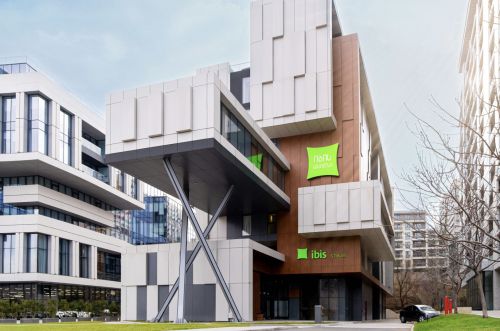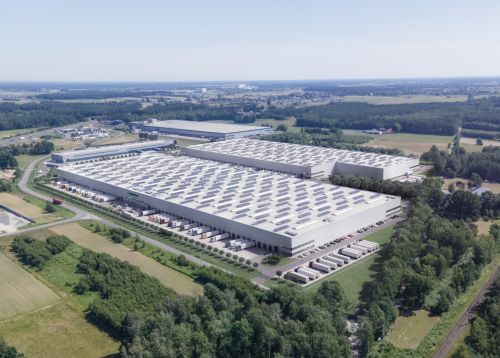Openness to innovation in the area of AI and the trend of transforming “analogue” buildings into “intelligent” ones is now not only a mere option. Advanced solutions based on artificial intelligence have started to accompany all stages of the investment process, from the concept stage and the profitability analysis of the project, through the due diligence process, and up to and including the operating phase. However, the sharp rise in the expectations of real estate market players has created a number of challenges in terms of the potential of artificial intelligence.
AI in the spotlight
Generative AI is a kind of artificial intelligence which, using advanced machine learning models and based on specific data resources, can generate various types of content, such as text, pictures and other media. But information technology itself has actually been used to support commercialisation and asset portfolio management in the real estate sector for many years.
Now, with the hel





























































